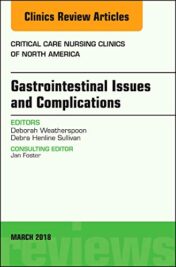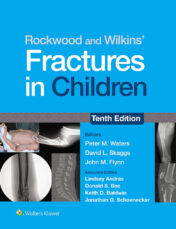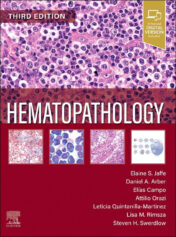Gastrointestinal dysfunction or injury is common in the critical care patient either as a primary diagnosis or as secondary symptoms. Several studies confirm that up to 62% of critical care patients exhibit at least one GI symptom for at least one day. In addition, recent studies have shown that GI problems are related to negative outcomes in the critical care patient. The articles in this issue are current and relevant to critical care patients today: Autoimmune Disease of the Gut in the Critical Care Patient; Nutrition Options in CCU Patients; Mesenteric Ischemia; Management of C-Diff in Critical Care Setting; Management of Acute GI Bleed; Acute Diverticulitis Management; GI Patient Skills Training in the ICU: SOFA assessment and recognizing GI symptoms; EBP with probiotics in treatment for antibiotic associated diarrhea in the ICU; GI Problems in the ICU with Patients with HIV/AIDs; Complications of GI Motility/GI Failure in the Critically Ill Patient; Untreated Gastroesophageal Reflux Patients in the ICU; Liver Transplant; Ecoli Complications in Critical Care-Pediatrics; and GI Traumatic injuries: GI Perforation. Being knowledgeable and skillful in the recognition and care for these problems is paramount to the critical care nurse.








